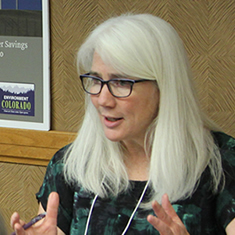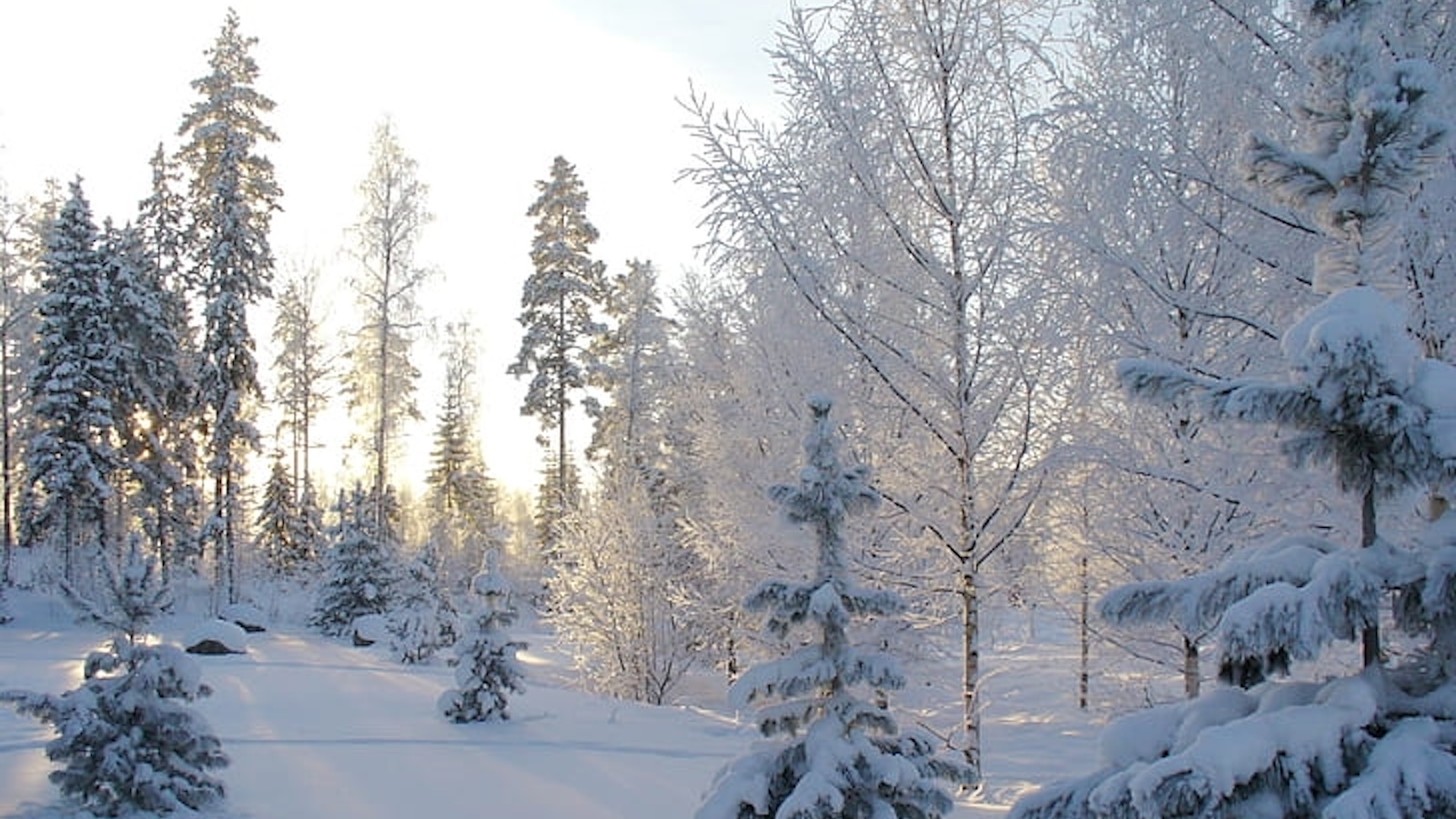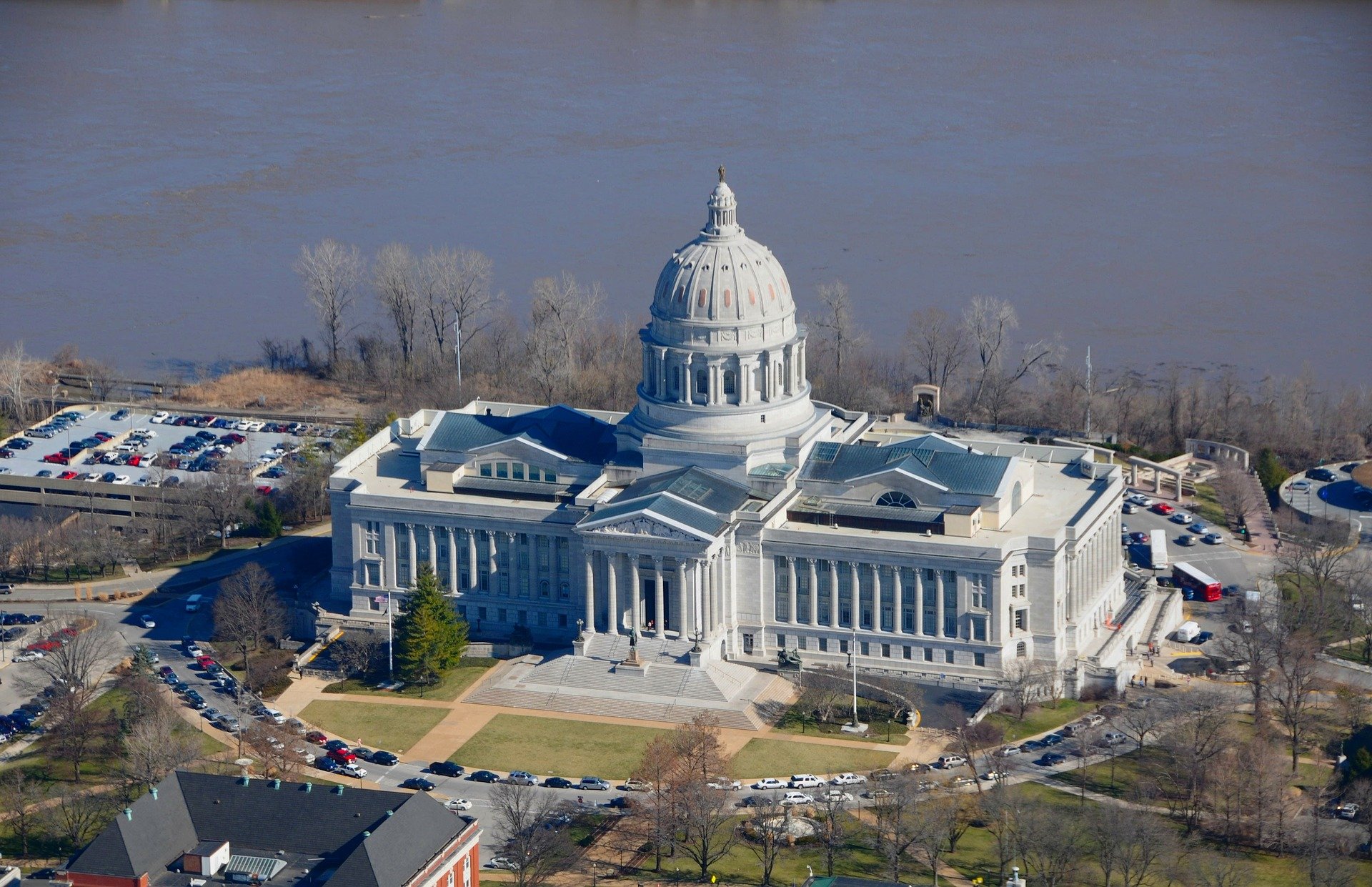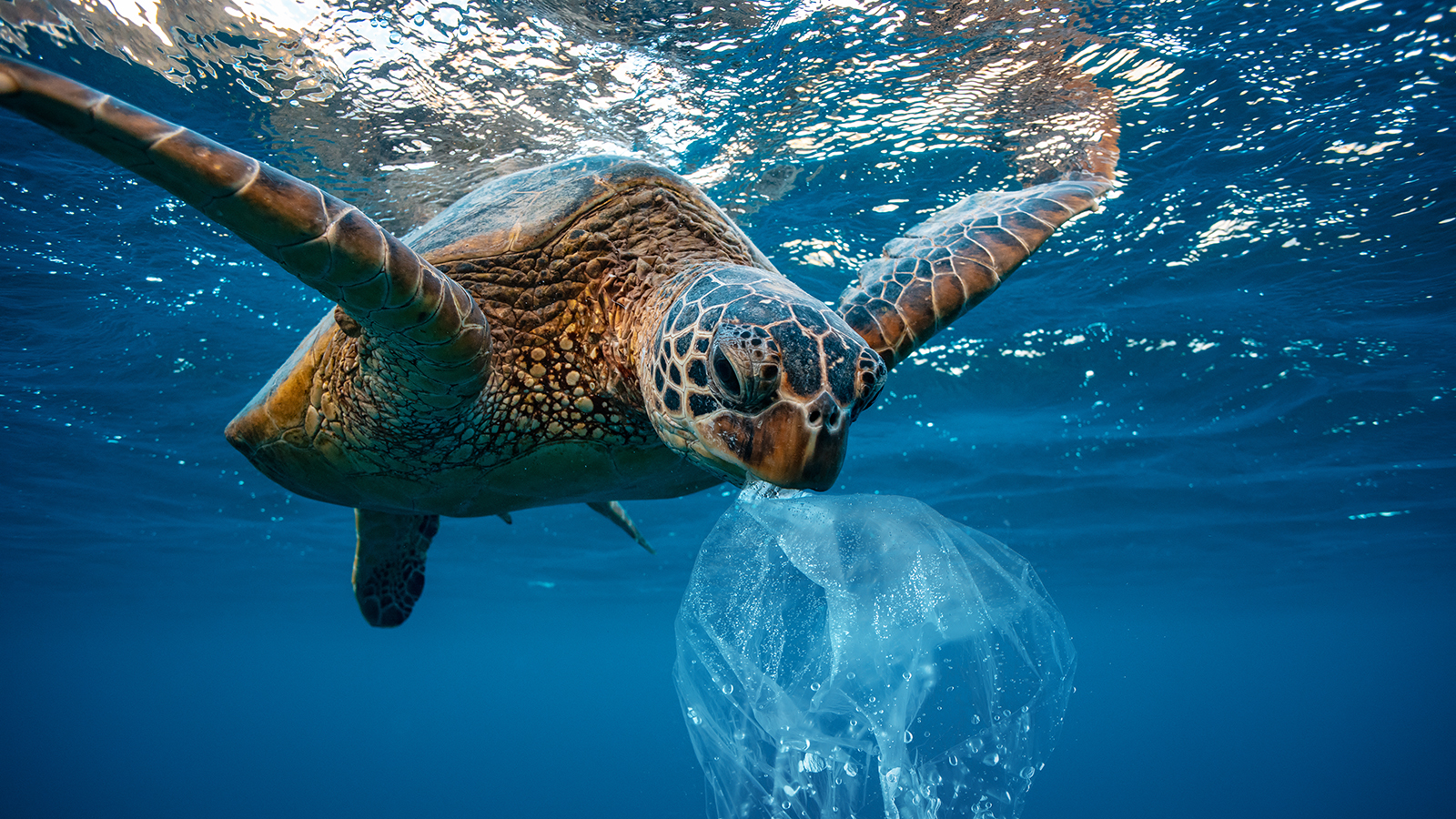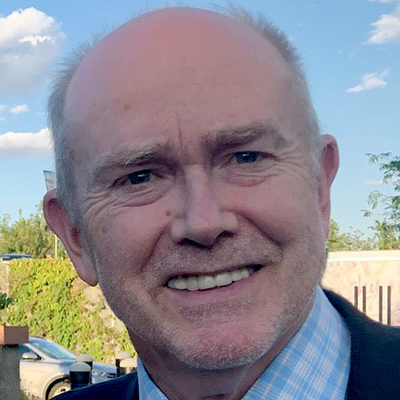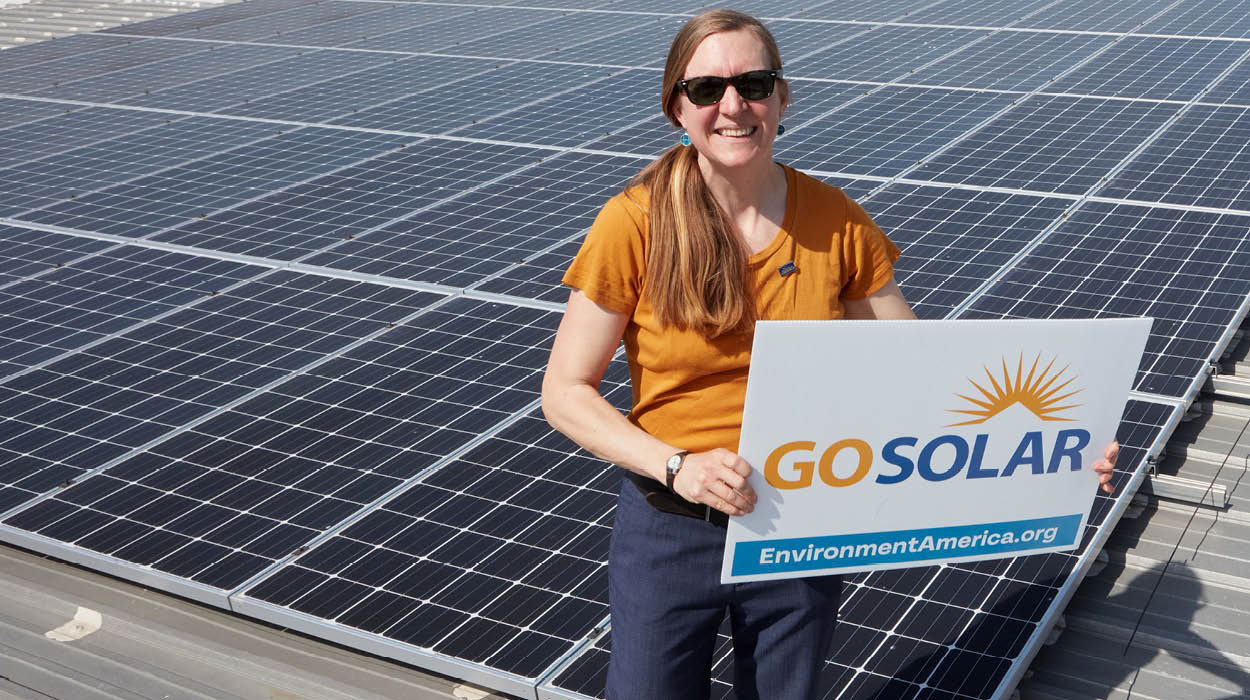Seven big wins for wild lands and the wildlife they support

Following the submission of 17,500 comments marshaled by Environment America and our campaign partners, the Biden-Harris administration protected 225,504 acres in the Superior National Forest in northeastern Minnesota, including the Boundary Waters Canoe Area Wilderness, from mineral and geothermal leasing for 20 years. A year after we introduced Alaska Environment, our 30th state-level group, the Environmental Protection Agency issued restrictions against the use of certain Bristol Bay headwaters as a disposal site, effectively preventing the proposed Pebble Mine from moving forward. In March, President Biden declared Avi Kwa Ame and Castner Range national monuments, protecting more than 510,000 acres of canyons, natural springs, peaks, grasslands, Joshua trees and petroglyphs, as well as mule deer, mountain lions, javelinas and other wildlife species. In June, Environment America staff joined Interior Secretary Deb Haaland to celebrate the protection of the Greater Chaco Canyon landscape from drilling. Just two months later, President Biden designated 900,000 acres of public land surrounding the Grand Canyon as a national monument, protecting the precious waters of the Colorado River from the threat of dangerous uranium mining. In November, more than 76% of voters in Texas approved a ballot measure to invest $1 billion in new state parks. Our staff in Texas teamed up with a conservative business leader to get Prop 14 on the ballot and worked with Grammy-winning country singer Kacey Musgraves to seal the deal with voters.
Photo: Environment Texas staff and coalition partners advocate for more funding for our state parks. Photo credit: Staff. |
